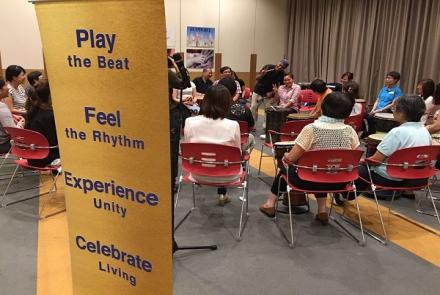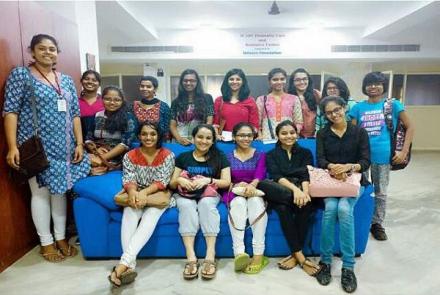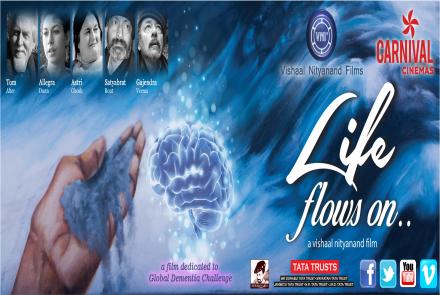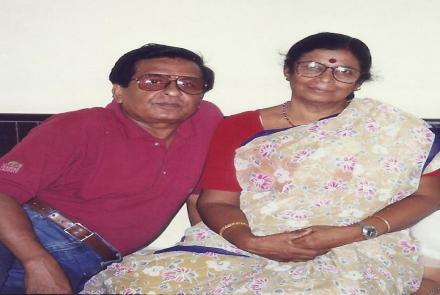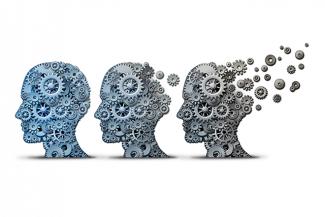
All dementia is not about memory loss. Neha Sinha, a clinical psychologist by training and dementia specialist, discusses the symptoms as well as ways of handling Fronto-temporal Dementia (FTD), a lesser known form of dementia.
Fronto-temporal dementia (FTD) is one of the lesser-known types of dementia and equally or more challenging to handle than the others. It accounts for about 5-10% of cases of dementia (Source: ARDSI Dementia India report 2010)
Named after the famous physician Arnold Pick in 1892, FTD was earlier known as Pick’s disease when he first diagnosed it, attributing it to symptoms related to Frontal and Temporal lobe dysfunction.
While the Frontal lobe is responsible for all higher executive functions such as decision-making, judgment, shaping personality, planning, execution and so on, the Temporal lobe holds the auditory cortex, controls language, behaviour and memory. Most of these functions get affected one way or the other as the nerve cells are damaged due to accumulation of something called tau proteins.
FTD is generally diagnosed between 40 and 60 years- earlier compared to Alzheimer’s, which is more common with growing age. FTD is also inherited in 1/3rd cases, which implies it has a strong hereditary link.
What are some of the most prominent symptoms of FTD?
- Dementia is often synonymous with memory loss but this may not always be the case with FTD! Memory loss is a symptom in the advanced stages.
- Behavioural symptoms and personality changes are more noticeable than cognitive symptoms in the early stages. They are often the presenting symptoms and the hallmark of the disease.
- There are major mood swings specifically if there are tau deposits in the frontal lobe - causing emotional outbursts without reason. This can be very distressing for the caregivers or loved ones.
- Lack of empathy and emotional blunting also develops very early on in the disease and they completely lack the ability to understand emotions or sympathise.
- Early decline in social skills, inappropriate behaviour and lack of inhibition
- Problems with speech are more common in FTD as compared to Alzheimer’s disease
- People with FTD often develop repeated compulsive behaviour either in the form of motor mannerisms or compulsive rituals. This may also be the presenting symptom in some cases
Management of FTD
FTD is one of the most challenging types of dementia to cope with. Identifying FTD from other dementias plays a very important role in management since the presenting symptoms could lead to a confusing diagnosis initially, especially if the onset is in the 40s or 50s. Once the caregivers understand the distinguishing symptoms and know what to expect, it becomes (comparatively) easier for them to plan and manage.
FTD caregivers are known to exhibit caregiver stress and burden in most cases, as inappropriate behaviour, extreme personality changes and lack of emotions can be quite devastating. Addressing caregiver stress and providing adequate support becomes very crucial
How to Prevent Caregiver Burnout in Dementia Care
The Unmet Needs Model developed by Cohen- Mansfield proposes that problematic behaviour arises when the environment and caregiver are not supportive to deal with a person’s diminished ability to communicate as well as the resulting behavioural changes. For example, agitation occurs when a person is unable to communicate his/her needs or is engaged in a boring activity. Repetition of words may take place to express pain, discomfort or hunger. These models can often guide one to deal with dementia related behaviours using a non-pharmacological approach.
Fronto Temporal Dementia Caregiving Tips
- Exercise, physical and occupational therapy as well as speech therapy play a key role in management and early intervention especially in younger cases of diagnosis.
- Reducing background noise, eliminating loud music, making the environment clutter free and less confusing, not asking questions and reducing stressful social situations can all help in effective management strategies.
Neha Sinha, a clinical psychologist by training and dementia specialist, is the co-founder and CEO of Epoch Eldercare.



